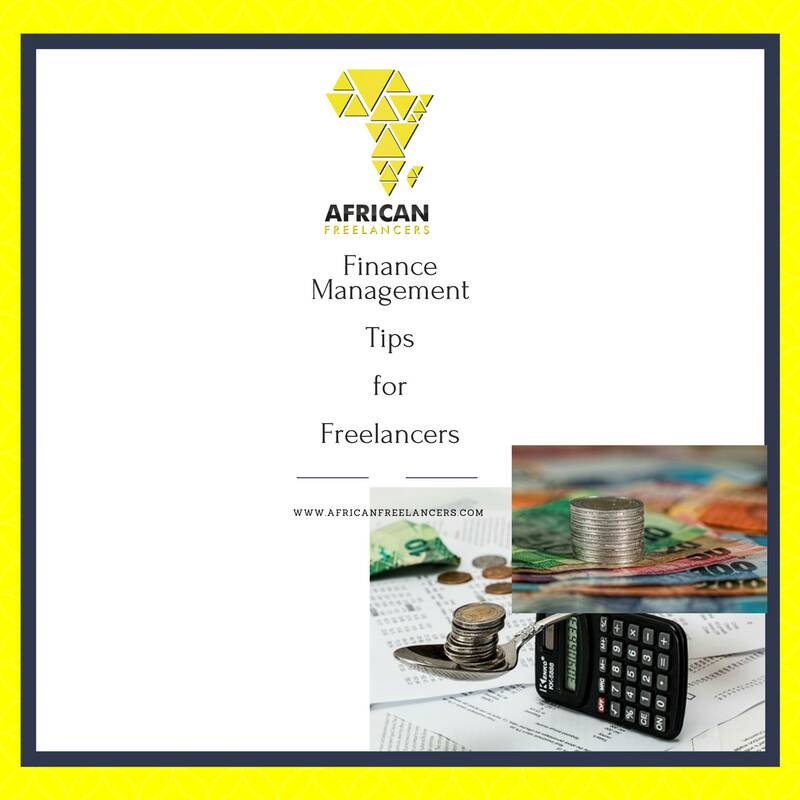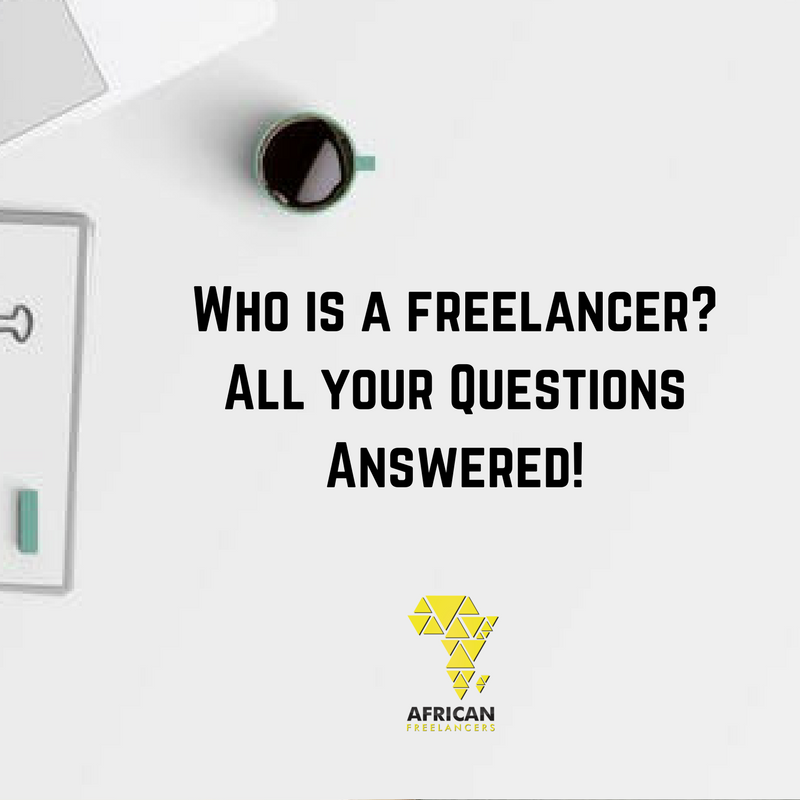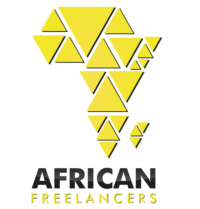Freelancing has become a popular career choice for many Africans looking for flexibility, financial independence, and the ability to work with global clients. However, navigating the freelance world comes with its challenges, especially for those just starting out. From choosing the right skill to finding reliable payment methods and managing clients across different time zones, many freelancers have similar concerns. These concerns and questions about freelancing in Africa are usually left unanswered for many.
In this article, we answer 7 of the most common questions about freelancing in Africa to help you build a successful career. Whether you’re wondering about the best skills, legal considerations, or marketing strategies, this guide will provide practical insights and solutions tailored to freelancing in Africa.
Which Skill is Best for Freelancing?
There is no single “best” skill for freelancing because success depends on a combination of market demand, your interests, and your strengths. However, some skills consistently offer great opportunities for freelancers.
If you enjoy writing, skills like content writing, copywriting, and SEO writing are in high demand. Businesses, blogs, and media outlets constantly need engaging content, making this a reliable freelance path. Similarly, graphic design and video editing are excellent choices for creatives, with brands and content creators always looking for visually compelling materials. For those who prefer technical work, web development, software development, and data analysis offer some of the highest-paying freelance opportunities. Businesses need websites, apps, and data insights, making these skills highly valuable. Digital marketing, including social media management, SEO, and paid advertising, is another lucrative area, as companies rely on freelancers to boost their online presence.

If you’re more organized and detail-oriented, virtual assistance, transcription, and customer service roles can be a great starting point. These skills require minimal technical expertise and can be learned quickly. Additionally, bilingual freelancers can leverage translation services to find steady work. Ultimately, the best skill for freelancing is one that matches your strengths and aligns with a profitable niche. If you’re unsure where to start, choose a skill with strong demand and room for growth.
Which Payment Method is Good for African Freelancers?
One of the biggest challenges African freelancers face is receiving payments from international clients. Many global payment platforms have restrictions in certain African countries, making it essential to find reliable alternatives.
PayPal is widely used but has limitations in some African countries, including restrictions on receiving payments. However, freelancers in supported countries like South Africa and Kenya can use it effectively.
Payoneer is one of the best options for African freelancers, as it allows users to receive payments in multiple currencies and withdraw funds to local bank accounts. It also provides a virtual bank account, making it easier to get paid from freelance platforms like Upwork and Fiverr.
Wise (formerly TransferWise) is another excellent choice, especially for freelancers working with clients in Europe and the US. It offers competitive exchange rates and allows direct bank transfers with lower fees than PayPal.
Cryptocurrency payments are becoming increasingly popular among African freelancers, especially those in countries with limited access to traditional payment systems. Platforms like Binance Pay and Coinbase allow freelancers to receive payments in crypto and convert them into local currency.
Direct bank transfers via platforms like Flutterwave, Chipper Cash, Grey, GeegPay, and M-Pesa (for East Africa) are good for clients within Africa or those willing to use local payment providers. These options often come with lower transaction fees and faster processing times.
Ultimately, the best payment method depends on your location, the availability of services, and your clients’ preferences. Many African freelancers use a combination of Payoneer, Wise, and local bank transfer services to ensure smooth transactions.
How Can I Overcome Challenges Like Unreliable Internet Access?
Unreliable internet access is a common challenge for freelancers in many African countries, but there are several ways to manage and minimize its impact on your work. First, consider using multiple internet service providers. If possible, have both a primary broadband connection and a backup mobile data plan from a different network. This ensures you have an alternative if one network goes down.
Investing in a MiFi device or a portable router can also help, especially if you travel frequently or experience power outages that affect your home WiFi. Another strategy is to work offline whenever possible. Many tasks, such as writing, graphic design, and coding, can be done without an internet connection. Tools like Google Docs and Notion allow offline access, syncing your work automatically once you’re back online. Some freelancers also work from co-working spaces, libraries, or cafés that provide stable internet when home connections are unreliable. Ultimately, the key is to have backup plans and flexible work habits so that internet disruptions don’t significantly affect your productivity.
How Do I Manage Time Effectively When Working with Clients in Different Time Zones?
Managing time across different time zones can be challenging, but with the right strategies, you can stay organized and maintain smooth communication with clients.
First, use time zone conversion tools like World Time Buddy or Google Calendar to track your clients’ working hours. This helps you schedule meetings and deadlines at times that are convenient for both parties. If you work with multiple clients across different regions, consider setting your calendar to display multiple time zones for easy reference.

Second, establish clear communication about availability from the start. Let clients know your working hours and preferred response times, and ask about theirs. This helps manage expectations and prevents unnecessary delays. Using asynchronous communication can also improve efficiency. Instead of relying solely on real-time meetings, use emails, project management tools (like Trello or Asana), and messaging apps to keep projects moving forward without constant back-and-forth.
For urgent tasks that require real-time collaboration, try to find overlapping hours where you and your client are both available. Even a one- or two-hour window can be enough for quick discussions and decision-making.
What Are the Best Ways to Market Myself as an African Freelancer?
Marketing yourself as an African freelancer requires a strategic approach to stand out in a competitive global market. The key is to build a strong online presence, showcase your expertise, and network effectively.
First, create a professional portfolio that highlights your skills, experience, and past work. Platforms like Behance (for designers), Medium (for writers), or a personal website can serve as a showcase for potential clients. If you work in a field like web development or content writing, having a blog can also demonstrate your expertise and improve your visibility.
Next, optimize your freelance profiles on platforms like Upwork, Fiverr, Toptal, and PeoplePerHour. Leverage social media to market yourself. LinkedIn is particularly powerful for freelancers, as it allows you to connect with potential clients and showcase your skills through posts and recommendations. Twitter and Facebook groups focused on freelancing can also be great for networking and finding job opportunities.
What Are the Legal Considerations for Freelancing in Africa?
Freelancing in Africa comes with several legal considerations that vary by country, but there are some key aspects every freelancer should be aware of to operate legally and protect their work.
1. Tax Obligations
Freelancers are responsible for paying taxes on their earnings, which may include income tax, VAT, or service tax, depending on the country. Some countries have tax policies for self-employed individuals, while others require freelancers to register with the tax authority and file annual returns. Using tax consultants or accounting software can help freelancers stay compliant.
2. Contracts and Agreements
Having a freelance contract is crucial to protect yourself and avoid disputes with clients. A good contract should include details about payment terms, project scope, deadlines, and intellectual property rights.
Can I find a community of freelancers in Africa?
Yes! There are many thriving freelancer communities across Africa where you can connect, learn, and find job opportunities. Being part of a freelance community can help you network with other professionals, gain insights on pricing and client management, and access exclusive job leads.

One such growing platform is African Freelancers, a community designed specifically to support African independent workers. Whether you’re a writer, designer, developer, digital marketer, or consultant, African Freelancers provides a space where you can:
– Learn from industry experts through articles, guides, and discussions.
– Network with other African freelancers to share experiences and collaborate.
– Find job leads and clients tailored for freelancers in the African market.
– Stay updated on freelancing trends, tools, and legal considerations in Africa.
If you’re looking for a supportive community, valuable resources, and networking opportunities, consider joining African Freelancers to connect with like-minded professionals and take your freelancing career to the next level. Africanfreelancers.com also has a number of articles to guide you through your freelancing career.







1 comment
Comments are closed.